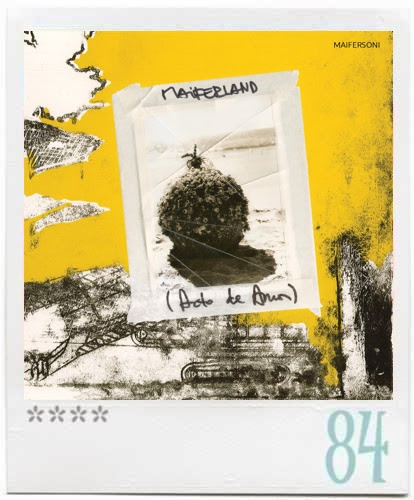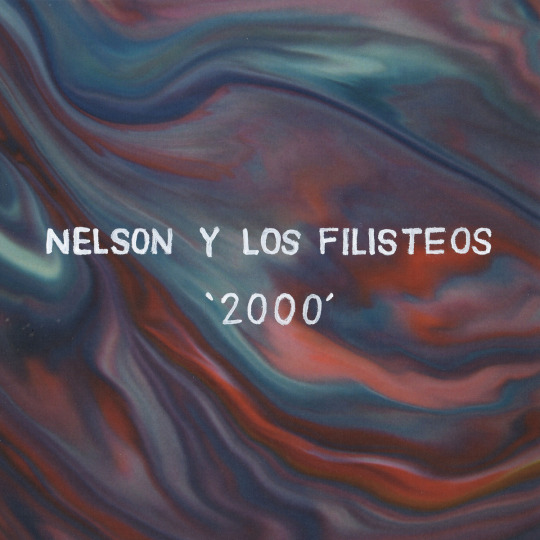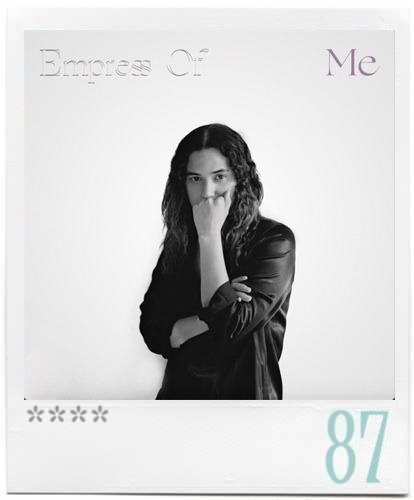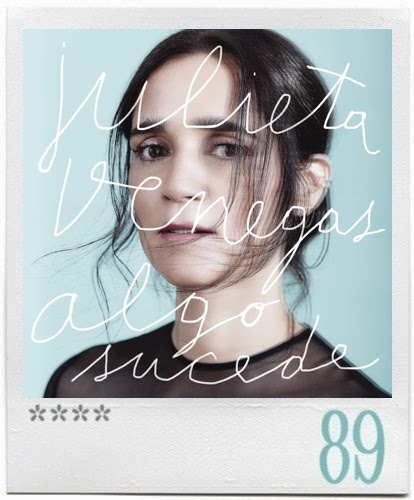Algo Sucede, Julieta Venegas Sony Music, Mexico Rating: 89by Andrew Casillas Julieta Venegas is past her prime. She’s a relic of a prior era, an embodiment of the establishment, a musician whose most innovative years are behind her. And she’s just made her best pop album yet.
That poor attempt at misdirection aside, the past decade of Julieta Venegas’ career is one of the most idiosyncratic in the pop landscape. After helping signal the end of Mexico’s
rock en español era with 2003’s
Sí, she’s spent her last four albums stretching the bounds within her specific sound, like an aural auteur. Whether it’s incorporating new styles wholesale (think the rap verses on
Limón y Sal or the Chilean electro-pop of
Los Momentos), or reimaging her punk sensibilities into adult reflections (think the
MTV Unplugged version of “Sería Feliz), Julieta’s proven a willingness to deliver eclectic sounds—even if the results have varied compared to the consistency of her first three albums.
So it comes as a surprise that
Algo Sucede, her eighth album, is Julieta Venegas at her most distilled. She’s shaken off the genre experimentation: there are no awkward hip-hop tracks; no crashing disco beats. Instead, the album delivers an array of addictive melodies, subversive wordplay, and delicately intricate arrangements that’s been the foundation of Julieta’s career thus far.
Lead single “Ese Camino” is a prime example of this foundation. An analogue to Miranda Lambert’s “The House that Built Me,” Julieta substitutes a jaunty exterior for the latter’s pensivity. However, the two songs differ in another important way aside from tempo. “Ese Camino” eschews “House’s” specificity to follow one of the great critic Matt Cibula’s golden songwriting maxims: you must either show or tell, but never both. Indeed, the entire first verse alone tells a dynamic and poignant parable:
“Háblame con cuidado si vas a hablar de lo que fui / Mi pálida infancia ya está tan lejos de aquí / Aún me estremezco ahora cuando me encuentro ahí / Por un momento una niña solo quería ser feliz.”
And the remainder of the song ruminates on nostalgia in a fashion worthy of
Mad Men’s “The Wheel.” But you’d never know it going off the instrumentation and chorus, which sound like some grand celebration of abuelita’s Sunday consommé. But even within the melody, one can hear dreamy sound effects and theramin-like keys, as if reality and the ethereal are pushing and pulling the song within its realms. It’s not just one of Julieta’s most poignant songs—it’s one of her finest singles ever.
Algo Sucede is bursting at the seams with moments, large and small, that hit such highs. The title track is a pop riot marrying a bold rhythm (that post-punk bassline!) with intricate percussion (listen with headphones for the little clicks and pops). “Se Explicará” has a melody so effervescent you could use it to brew an IPA. Opener “Esperaba” is a close marriage of
Sí and
Los Momentos, coming across as a whimsical (dig them hand claps) mash-up of past collaborators Miranda! and Gepe.
But where
Algo Sucede distinguishes itself from Julieta’s prior work are the introspective numbers, songs that were her specialty in her nose ring years, but have fallen out of favor as Julieta’s music veered away from the alternative.
Algo Sucede not only sees the return of these meditative piano-ballads, but also drops the angst of
Aquí in favor of sagacity. On “Una Respuesta,” for example, Julieta takes on the role of an elder stateswoman. Straightforward almost to a fault, the lyrics don’t tell a story so much as provide counseling—the lyrics reflect a pain has been lived in for years, not merely some fleeting heartbreak.
Easily the most gorgeous of these numbers is “Porvenir.” An exquisite rumination on separation, the song contains one of Julieta’s most heart-wrenching melodies, which is bolstered with sparse yet powerful piano and cello-work. I found myself replaying the final chords just to feel the devastation.
And then there’s “Explosión.” While the political meaning of the track has been well documented (
our own Zé Garcia summed it up well), Julieta’s own methods are certainly worth dissecting. Melodically, one wishes that her Tijuana No! roots would have surfaced more directly. But as the rest of
Algo Sucede makes clear, that Julieta Venegas is gone. Replaced by someone trying to use her position as a mass-market musician to attack a sizable segment of her listeners who willfully ignore the atrocities of Mexico’s commercial class. But there’s also an implied lament that the wheel turns without repose. As a result, “Explosión” doesn’t incite retribution so much as it challenges its listeners. Whether the message is effective depends on your level of cynicism, but as a pop song, it’s directness and audacity is, at a minimum, admirable.
Arriving almost twenty years after her arrival in the music world,
Algo Sucede cements Julieta Venegas’ place in the canon. By no means is it going to have the personal impact of
Aquí or
Bueninvento, or shake up the scene like
Sí or
Limón y Sal. It’s just the culmination of an artist whose spent over a decade refining her style into a workhorse of pop pleasantry and infectious wordplay. To a skeptic or an outside observer, it may sound like Julieta Venegas has merely perfected living along the middle of the road. Well, if this is middle of the road,
call her Dwight D. Eisenhower.








